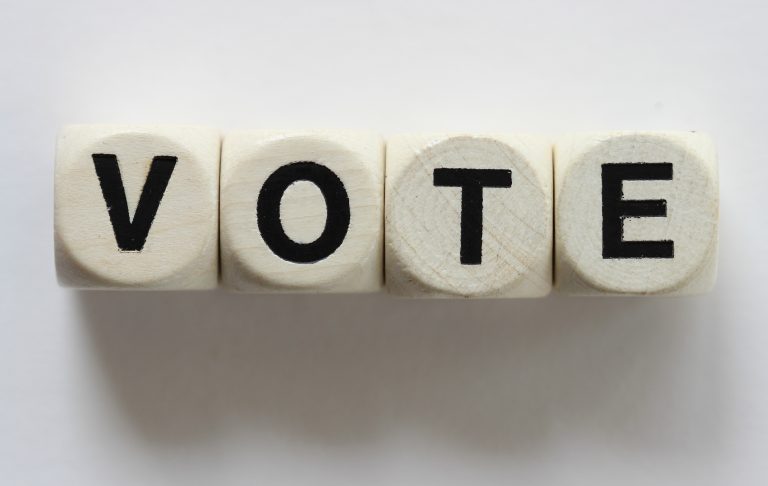Why You Need an Estate Plan!
September 25, 2018
When was the last time you thought about your estate plan?
Let’s back that up. First, have you considered your need for an estate plan? You may wonder what is included in an estate plan and why you may even need one. Let’s review the basics.
Will: This legal document details what happens with your belongings, assets and other items you deem important after your life. However, it is more than that … your will also documents your final wishes. Within your will, you will designate who will serve as an executor to work through the elements of your will. If you have children, you will also select who will serve as their guardians.
Power of Attorney: What happens if you can’t complete legal transactions while you are alive? Who will be able to access documents, accounts or sign on your behalf? This part of an estate plan helps you designate in advance the person who will act in your capacity when you can’t. This doesn’t have to be related specifically to an illness or emergency. It could even be when you simply are out of town, unable to make an appointment, or need someone else to handle specific paperwork for transactions.
Health Care Directive: What if you can’t speak on your own behalf for the extent of medical care you desire? Often this comes into play when sudden health issues or emergencies limit your ability to communicate your wishes. Your health care directive will detail those specific wishes you desire.
Think wisely of who you want to fill the roles documented within your estate plan, as they need to be people you trust. It doesn’t necessarily have to be a family member or close friend and different people can fill the various roles within your estate plan. Perhaps you trust one person to be the executor, another person as the guardian, and a third as your power of attorney. You can also name more than one person to fill these roles, with one as the primary and a second to be a back up in case the first is unable or unwilling to fulfill the role at that time.
Once you’ve selected people to fill these roles, make them aware they are included in your estate plan. You want to make sure they are aware of their potential role and ultimately agree to it. If you truly can’t think of someone you trust to be an executor, you can use a third-party firm to handle this role.
While online options exist for creating your own estate plan, it is recommended that you speak with an attorney who specializes in estate planning, as each estate plan should be uniquely created for your specific needs. Don’t forget that your estate plan can—and should—change over time. It should be reviewed frequently to ensure it truly covers your wishes and includes the people you trust the most to act on your behalf now and in the future.






